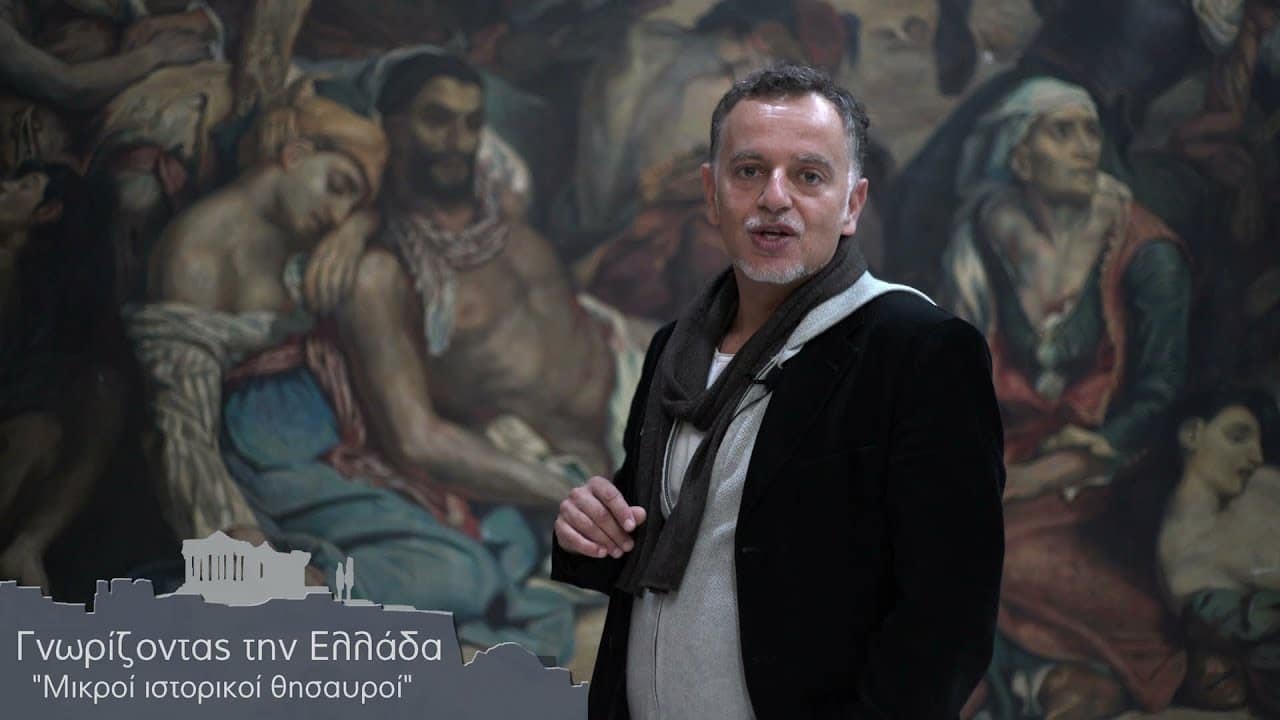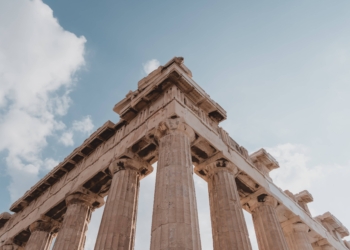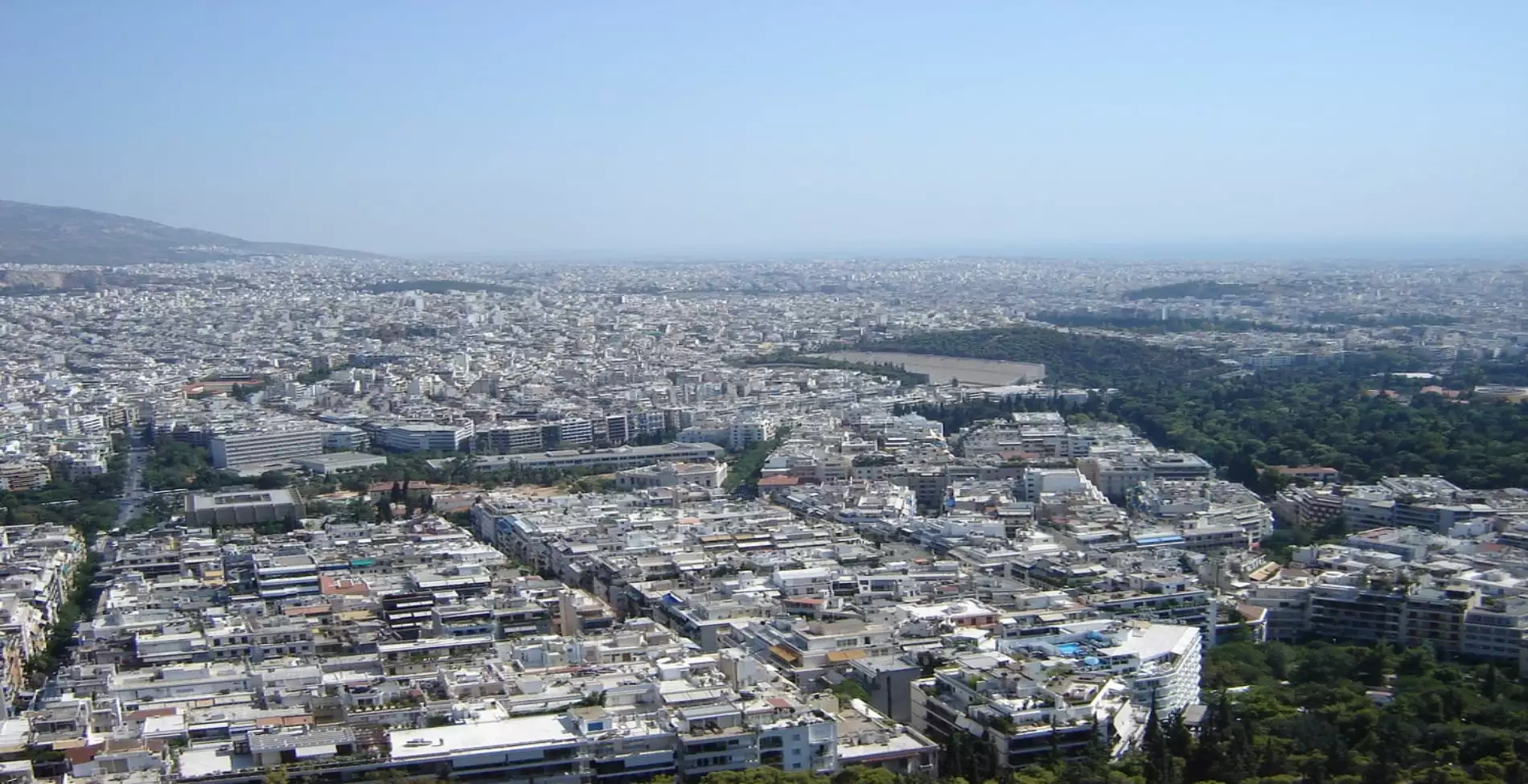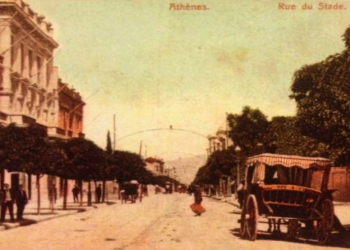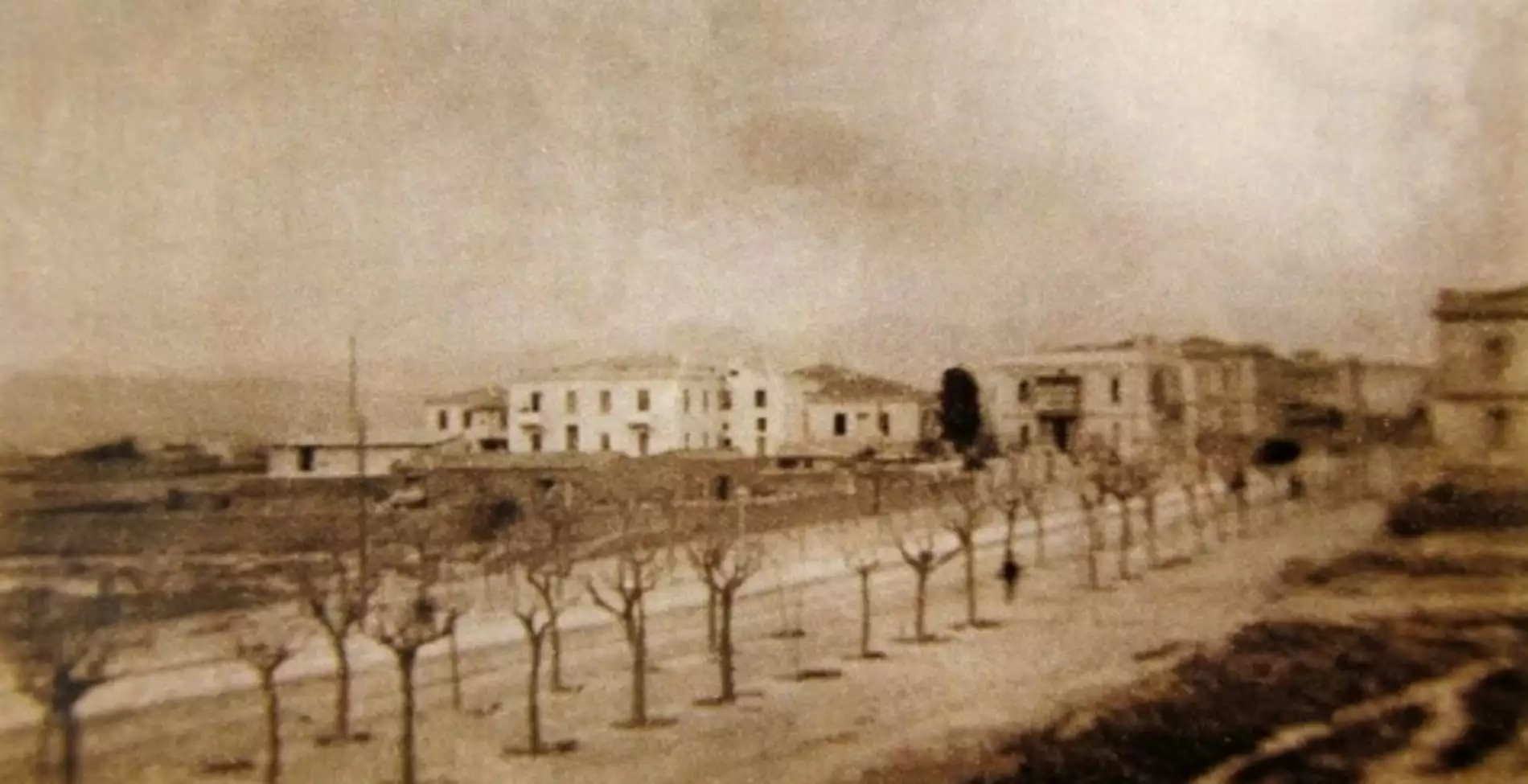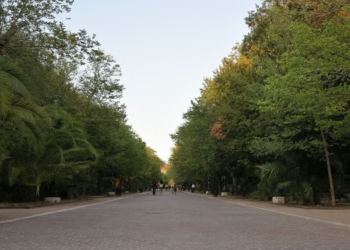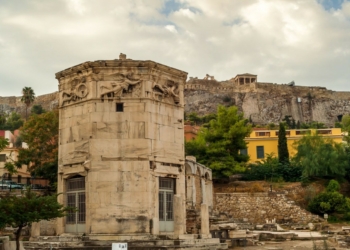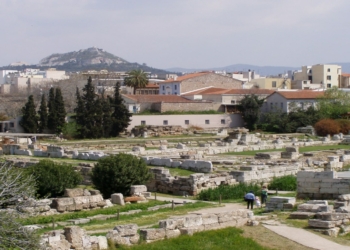A visit to a museum is always a journey through time, in a culture, or in history. Especially when it has to do with the 1821 revolution in Greece, one can find many exhibits, relics, and even paintings in many museums of Greece. This is also the case with the National Museum of History otherwise called the Museum of the Old Parliament. There are treasures there, that you won’t see anywhere else.
In this museum which is in the heart of Athens, you can see many exhibits including the costume of Theodoros Kolokotronis and a large collection of weapons. For example, you will see there the weapon of Athanasios Diakos (another popular hero of the revolution) and other flintlock rifles. But among other things, the museum houses there a special macabre exhibit. It is located in the hall dedicated to the three islands that played an important role in the 1821 revolution and are Spetses, Hydra, and Psara.
The macabre exhibit at the Museum of the Old Parliament
There, in a vessel shaped like an amphora, is the heart of Konstantinos Kanaris! Among miniatures of Greek and Turkish ships that revive the famous naval battles.
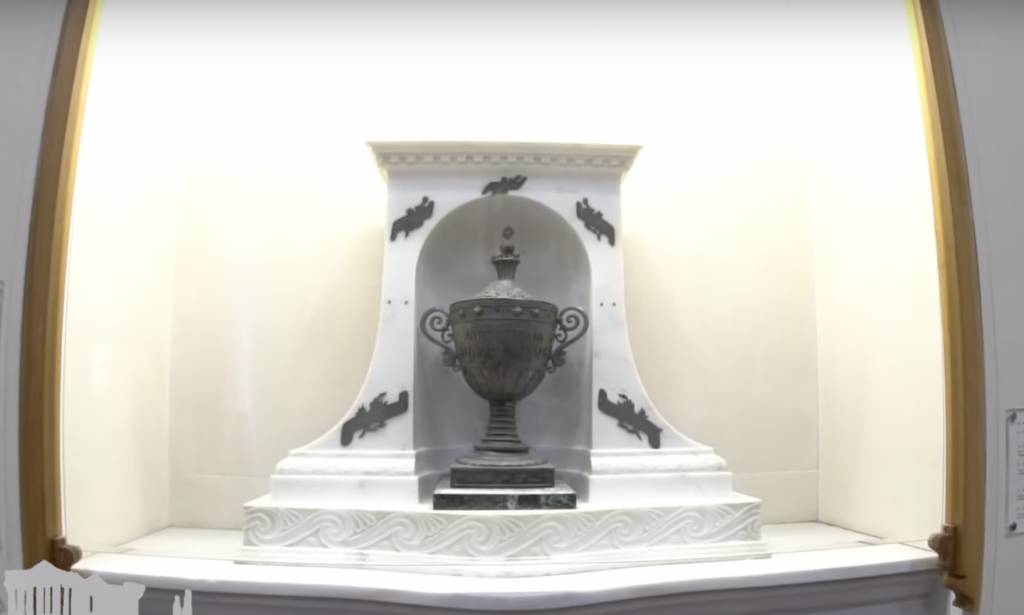
The Museum in the Old Parliament is one of those museums a visit or tour is never boring. A journey through time and history under… the gaze of the chieftains of 1821.
External photography source: www.nhmuseum.gr


